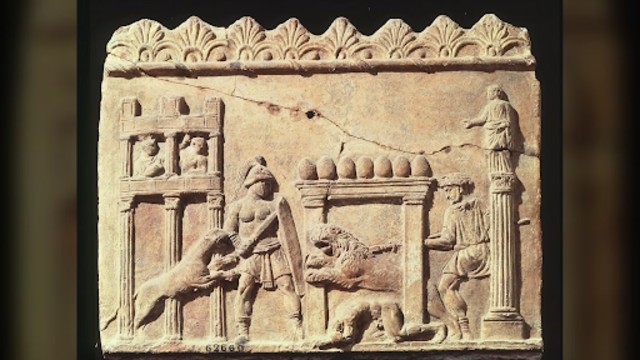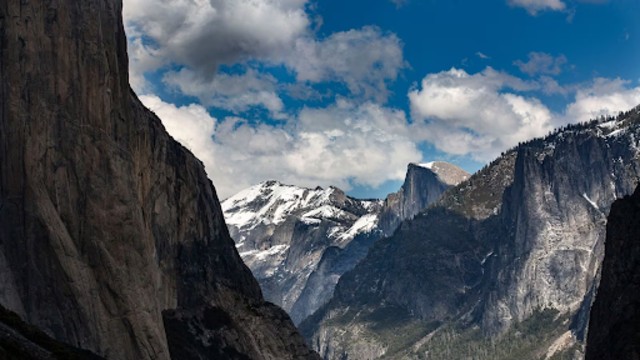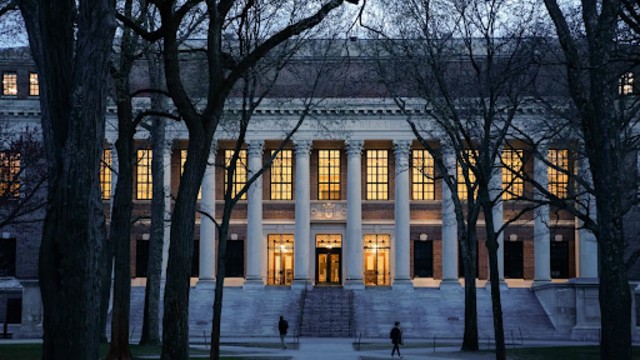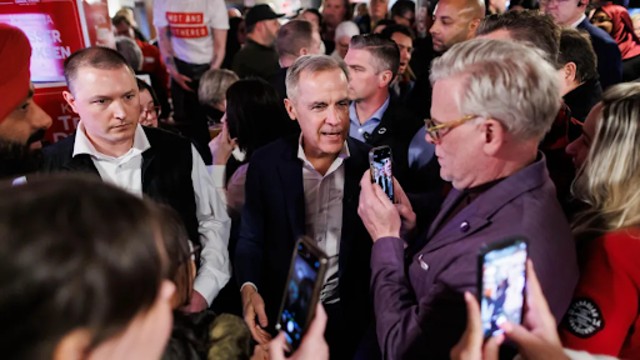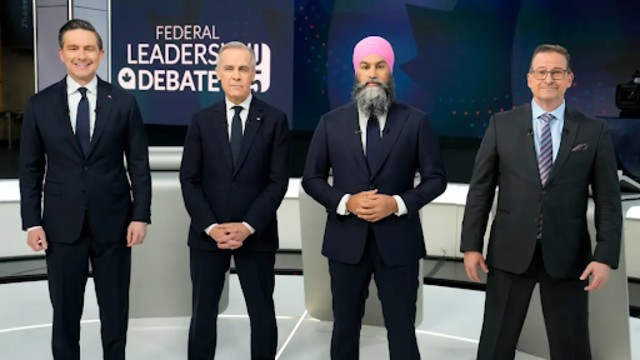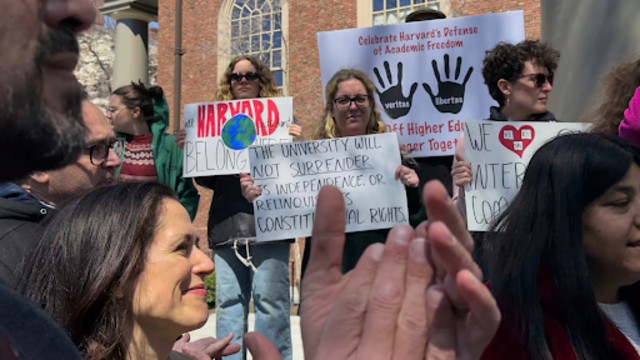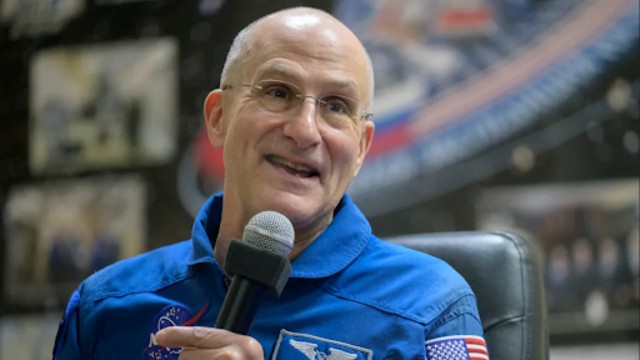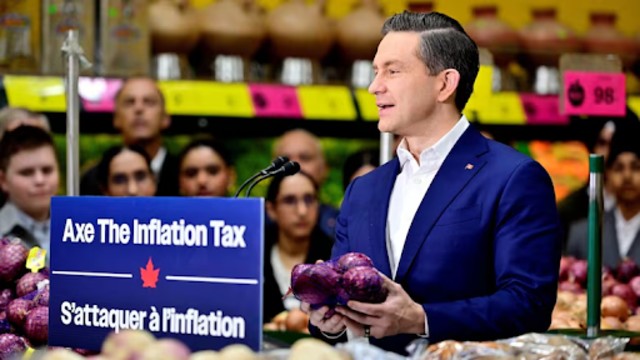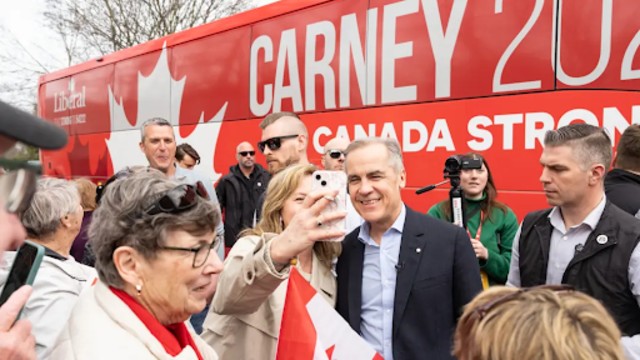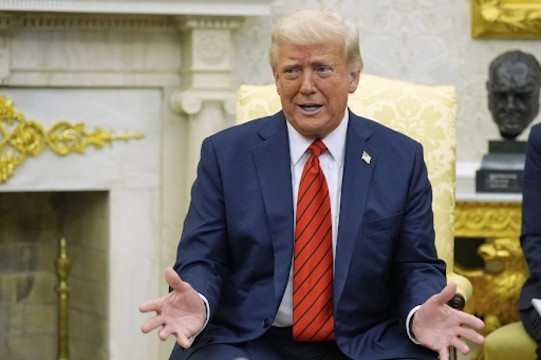
A shelf in a Vancouver liquor store is pictured on February 2, 2025. CTV
In British Columbia, shelves once filled with American liquors like Kentucky bourbon, Jack Daniels whiskey, and Bacardi rum are now empty. In their place, signs urging customers to “Buy Canadian Instead” have been put up. This move comes after U.S. President Donald Trump imposed 25% tariffs on Canadian goods, which has led to several Canadian provinces retaliating by removing U.S. alcohol from their shelves.
Premier David Eby of B.C. quickly announced that American liquor from “red states” would be pulled from government-run liquor stores and no more American alcohol would be purchased. Other provinces, including Ontario and Quebec, have also decided to remove all U.S. alcohol products in response to the tariffs.
On Sunday, Housing Minister Ravi Kahlon, who is leading the provincial government’s response to the tariffs, explained that Republican-led states were specifically targeted because they believe President Trump doesn’t pay attention to Democratic states. He also suggested that the president’s reasoning behind the tariffs, originally presented as a way to stop fentanyl from crossing the border, might not be the real issue. Kahlon commented on Trump’s social media post suggesting that Canada could avoid tariffs by becoming the “51st state,” calling it an indication that the tariffs were more about economic harm and boosting U.S. manufacturing, not about drug control.
While the government-run liquor stores are pulling American products, private liquor stores, bars, and pubs may handle the situation differently. Some private businesses might choose to continue selling their existing American inventory, while others may remove U.S. products either out of principle or because of customer pressure. According to Jeff Guignard from the Alliance of Beverage Licensees, private businesses will make decisions based on customer demand. If customers ask for American products to be banned, those businesses are likely to comply, though they may try to sell through their existing stock before placing new orders.
Guignard added that some U.S. products, such as wines from California and other “blue” states, are likely to remain on shelves because they are still popular in certain markets.
In response to what B.C. sees as a "declaration of economic war" by the U.S., Premier Eby has laid out a three-part strategy. First, there is retaliation, starting with the removal of American liquor and a ban on purchasing American goods by provincial Crown corporations like BC Hydro and ICBC. Second, Eby aims to make B.C.’s economy stronger and more self-sufficient. Finally, he plans to work on new international trade missions and push for the reduction of trade barriers within Canada.
B.C.’s Conservative Leader, John Rustad, criticized the government’s response to the tariffs and called for an emergency legislature meeting. Rustad also proposed a 10-point plan to counter the situation.
Minister Kahlon believes that President Trump and his administration underestimated the Canadian reaction. The strong demand for Canadian products, seen in grocery stores and other markets, shows that Canadians are committed to supporting their local goods. Kahlon emphasized that Canada will not stand idly by and will always respond strongly to actions like these.


